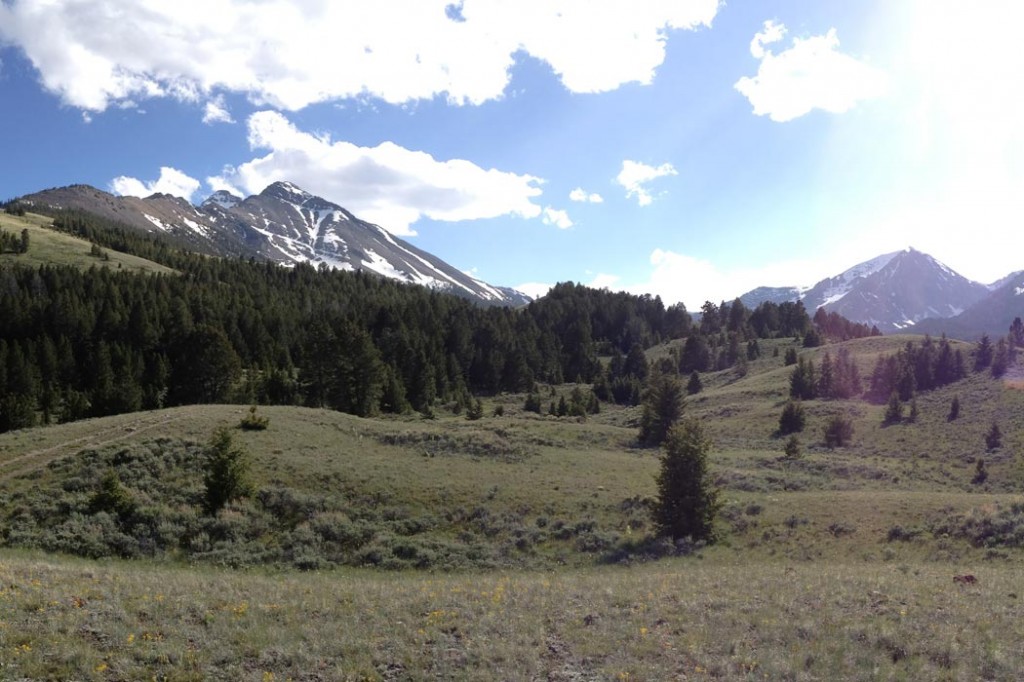
In North Carolina, a radical experiment targets social determinants of health with fresh produce and safe housing
A pilot program in North Carolina show what’s possible when we address the social determinants of health | STAT News

The Vice of Spice: Confronting Lead-Tainted Turmeric
Traders in Bangladesh used lead chromate to enhance the spice’s appearance. Then scientists and policymakers stepped in. | Undark

The unrelenting roar of a crypto mine tore this town apart
Cryptocurrency aims to revolutionize finance, but its mines are destroying communities across America. (Photo credit: Juan Diego Reyes) | Popular Mechanics

The science of solo time in the wilderness
I unpack the latest findings on solitude and the outdoors | Sierra Magazine

Sea Potential works to empower people of color in marine sciences
A Q&A with the co-founders of an environmental nonprofit dedicated to getting BIPOC youth involved in marine sciences. | High Country News.

Researchers see ‘future of an entire species’ in ultrasound technique
To bring abalone back from the edge of extinction, scientists need to find improved ways of coaxing the snails into reproducing. | New York Times

Journalism isn’t who you are. It’s what you do.
Making journalism part of our identities justifies the passion and purpose that brought us to the profession. It also makes us supremely exploitable. | Poynter

Juul hooked an entire generation on nicotine – can it redeem its image?
The company has been shamed by health regulators, lost revenue and is the center of hundreds of US lawsuits. Now it has thrown in a last-ditch effort to continue sales | The Guardian

Why it's so hard to make tech more diverse
An entrepreneur shares what happened when she set out to try and solve some of the problems she experienced firsthand in the tech industry. | MIT Technology Review [PDF]

What can and can’t be learned from a doctor in China who pioneered masks
Dr. Wu Lien-Teh helped change the course of a plague epidemic in the early 20th century and promoted the use of masks as a public health tool. | The New York Times

The pandemic is undoing field researchers' oldest assumption
With the right partners, scientists don’t have to visit their study sites to get good data | The Atlantic

I jumped the queue to get an expiring vaccine. Did I do the right thing?
A freezer containing Covid-19 vaccines failed in the middle of the night. I explored the ethics of getting a rapidly expiring vaccine. | MIT Tech Review

The Nobel Prize-Winning, LSD Dropping, Yet Problematic Scientist Who Invented PCR
I wrote a profile of Kary Mullis, inventor of PCR. | Elemental

Waste Away
Finding homes for the waste that will (probably) outlive humanity | MIT Tech Review (links to PDF)

Face-mask recognition has arrived -- for better or worse.
New algorithms can police whether people are complying with public health guidance. The practice raises familiar questions about data privacy. | National Geographic

What should the U.S. learn from South Korea's Covid-19 success?
South Korea’s response to Covid-19 has been widely praised. Will Americans ever be willing to adopt a similar approach? | Undark

Yes, you might be becoming a bit of a jerk
Science explains why there’s a loss of human compassion during pandemics | Elemental

Health professionals say police are targeting them at protests
In cities across the U.S. — from Seattle to Austin, Asheville, and Denver — medics say they are dealing with police altercations while trying to render aid | Elemental

Fallout: First cancer, now delayed compensation for Indigenous downwinder communities
Bureaucratic roadblocks mean ‘apology’ payouts are hard to access for Indigenous communities exposed to nuclear tests. | High Country News

Pollution evolution: The little fish that could
Where other species succumbed, the killifish survived contaminated habitats. It’s a finding that could help researchers understand environmental risk factors for humans. | Knowable Magazine

Coronavirus tests sciences' need for speed limits.
Thanks to coronavirus, more folks care about scientific research. Preprint servers & publishers are seeing a surge in readership, with many new readers not well versed in the limitations of the latest research findings. | The New York Times

Superfund, meet super plants.
Can the plant microbiome help clean up contaminated land? | The New York Times

Meet the new drive through: a coronavirus clinic serving up swabs.
In Seattle, the center of the US outbreak, one medical center has begun screening workers for the new virus by setting up a mobile clinic in a parking lot where cars serve as isolated waiting rooms. | The New York Times.

Sick people across the U.S. say they are being denied the coronavirus test
I contributed reporting to The New York Times’ coverage of the shortage of coronavirus tests from Seattle, WA.

Anyone's son
Cody Dalton Eyre, a 20-year-old Alaskan Native, was having a mental health crisis on Christmas Eve, 2017 when his mother called 911 for help. So why did police officers end up shooting and killing him? | Longreads
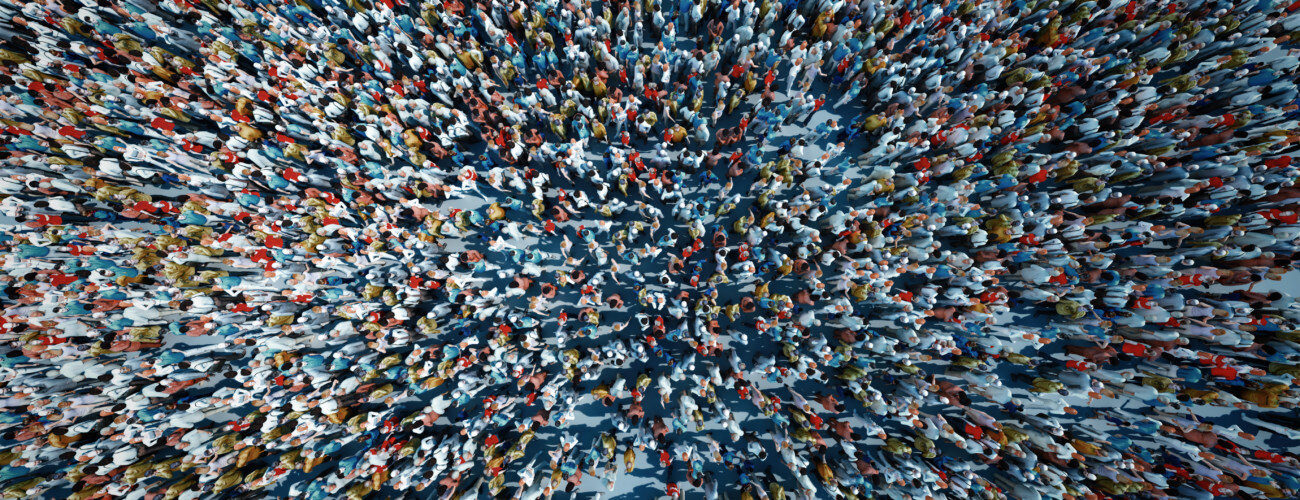
For many reporters covering climate, population remains the elephant in the room
For Columbia Journalism Review.

Mountain goat eradication is a high-flying balancing act in Olympic National Park
In an effort to protect visitors and rare plants, the park is relocating the hoofed animals. | High Country News

After five years, the Sagebrush Songbird Survey ends on a high note
Almost 300 community scientists collected valuable data about the health of this hallowed habitat and its residents. | Audubon Magazine

Does Fluffy really want to be an adventure cat?
With a leash and a harness, any feline can safely explore the great outdoors. But owners need to be mindful of signs of stress. | The New York Times

Controversial aquaculture projects threaten Myanmar's remaining mangroves
Myanmar has lost 80 percent of its original mangrove cover; much of what remains is located in the southern province of Tanintharyi. But in addition to illegal logging of mangroves for charcoal and firewood, aquaculture is a recent development that also threatens mangrove ecosystems. | Mongabay

Why Myanmar villagers still engage in illegal logging of mangroves
What happens when the need for survival clash with plans for conservation? | Mongabay

Can rice husk briquettes stem the tide of mangrove deforestation in Myanmar?
One Myanmar entrepreneur thinks that taking waste from rice production can help make an alternative fuel to reduce pressures on mangrove deforestation for firewood. | Mongabay.

Is hiking with face masks the new normal?
People move to the Pacific Northwest to be near incredible natural beauty. But each year, wildfires and rising temperatures are making it harder to go outside. | Buzzfeed

Illegal charcoal trade threatens Myanmar's remaining mangroves
Mangroves from Myanmar are illegally harvested and converted into charcoal that is sent to Thailand before it’s sold to China, South Korea, Japan, Malaysia and Indonesia by sea. | Mongabay

You need vitamin D to live. How could this woman survive with none in her blood?
She had a series of bone fractures, but when doctors did blood tests, the supplements she took for treatment were nowhere to be found. | The New York Times

The nuclear sins of the Soviet Union live on in Kazakhstan
Decades after weapons testing stopped, researchers are still struggling to decipher the health impacts of radiation exposure around Semipalatinsk. | Nature

“After we married, I would ask him, ‘Will you abandon me?’ ”
For Rohingya women in refugee camps, marrying a Bangladeshi is both an escape and a trap. | The California Sunday Magazine
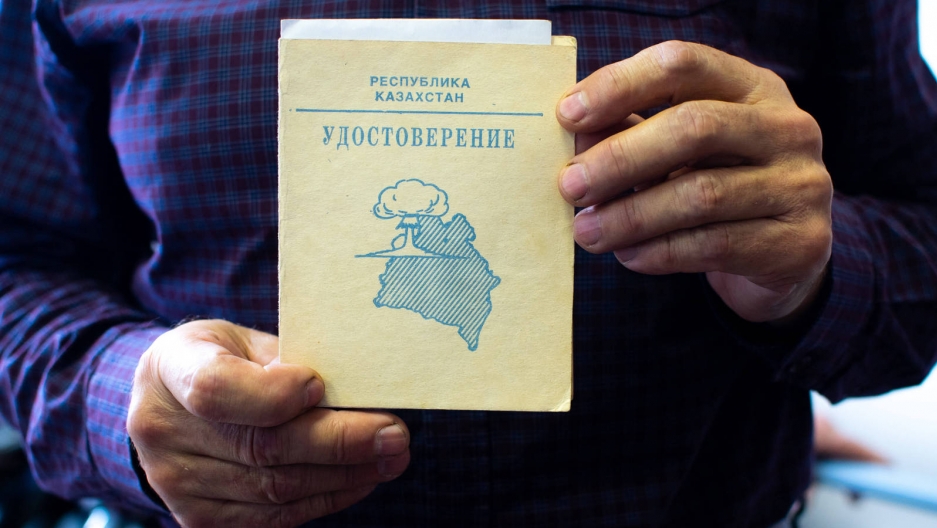
Has Kazakhstan forgotten about its Polygon test survivors?
Nuclear tests from the Soviet era are making people sick — and they are demanding social change. | Public Radio International

Follow the fish
Fish stocking — a centuries-old practice that anglers in the American west love — has ecological consequences and is now driving river otters to the Beartooth Plateau. | High Country News (Nov 26 2018 Cover Story)

Scientists look to new technologies to make food safer
From romaine to snack crackers, foodborne disease outbreaks have increasingly worried the public. Cold plasma and high-pressure systems might help reduce the risks. | Knowable Magazine

Help is scarce for Rohingya children with intellectual disabilities
Without proper care, children in the Rohingya camps living with intellectual disability are going their entire lives undiagnosed and untreated. | PRI
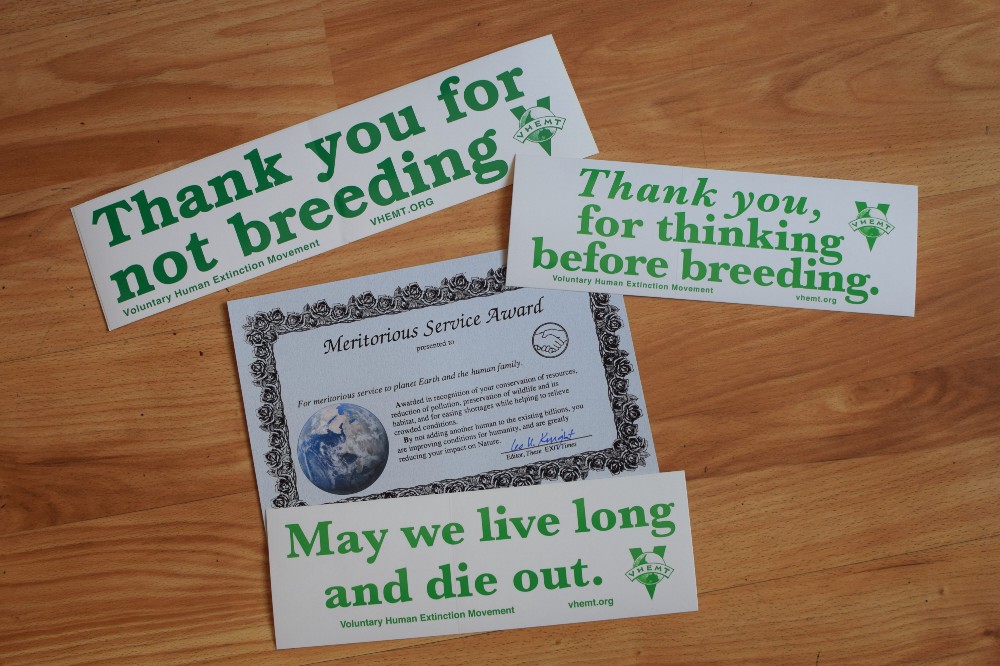
"May we live long and die out"
How a global movement to extinguish the human race won its latest convert: me | Medium

The surprising link between climate change and human trafficking
As extreme weather conditions arrive, vulnerable people in migrating populations could find themselves at risk from sexual exploitation or forced labor. | The Revelator

Refugees fleeing violence in Myanmar have a new worry: elephants
How one of the world's largest refugee crisis turned into an ecological disaster | Huffington Post

Trash in the Galápagos reveals the dark side of ecotourism
Ecotourism brings valuable funds for conservation to the islands, but it also delivers a torrent of garbage that could damage this unique ecosystem. | The Revelator

Ethnicity and entreé in an environmental wasteland
Some personal reflections from reporting on Southeast Asia's palm oil industry. | The Last Word on Nothing
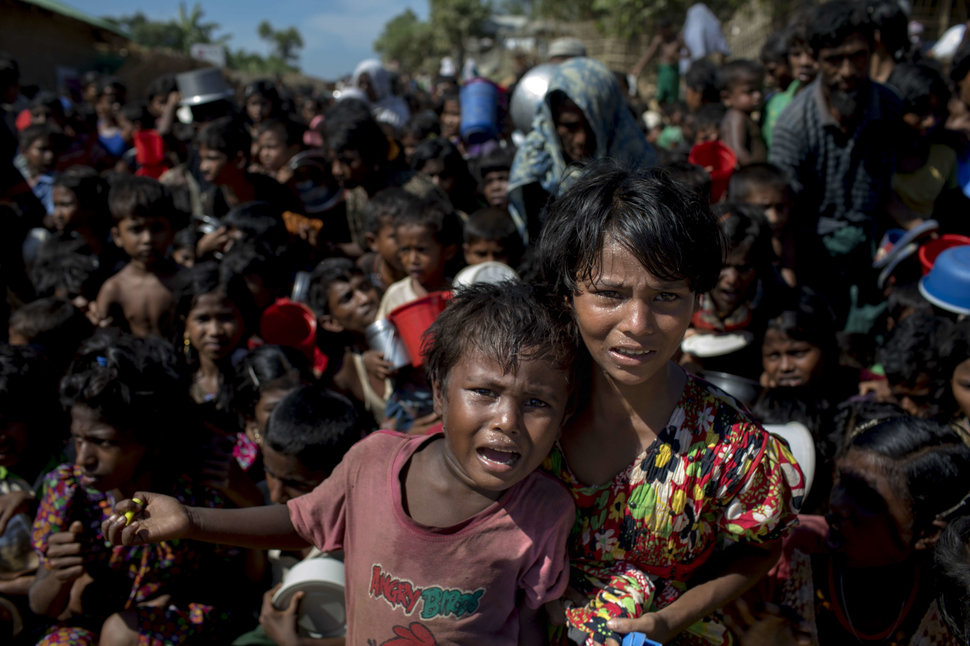
It’s hard to know exactly what’s happening to Myanmar’s Rohingya. So they found me.
How social media provides a window into a human rights crisis. | Huffington Post

When science reporting takes an emotional toll
Science journalists can also feel emotionally affected by the work they do, especially when they cover often difficult topics. | The Open Notebook

Dark side of the mountain
I met the Dark Lord and his masters at the trailhead to upper Twin Lake, far from the bright center of the universe. | Harper's

For funding, scientists turn to unorthodox sources
When federal funds dwindle, researchers look elsewhere for money. | DiscoverMagazine.com

Muslim security guards lodge complaints against Amazon for discrimination
The retail giant denies Islamophobia despite workers' complaints. | VICE (Motherboard)

‘I’ve never been normal again’: Indonesian women risk health to supply palm oil to the West
Without proper protective equipment on oil palm plantations, women are risking their health to produce a commodity so heavily used in the west | STAT News
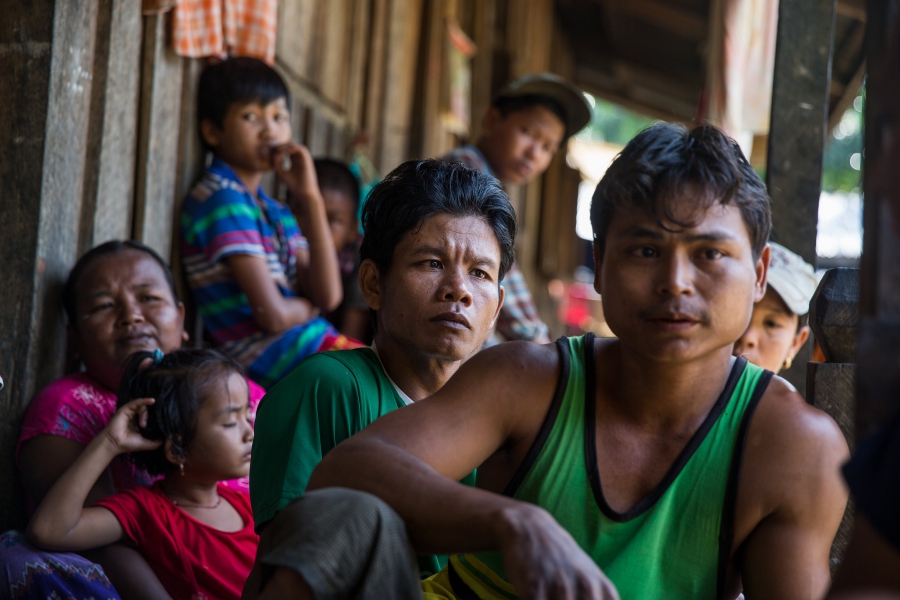
These Burmese palm oil workers say they're trapped on plantations
How Myanmar's oil palm industry funnels workers into a multi-billion dollar illegal seafood industry | Public Radio International

A makeover for the world's most hated crop
Oil palm has a reputation as an environmental menace. Can the latest genetic research change that? | Nature & Scientific American

Womb zoom
What advances in fetal and newborn imaging have revealed | Nature Medicine [PDF]

Carbon monoxide is toxic. This doctor is out to prove it's also therapeutic
Researchers have found a surprising use for a noxious gas | STAT News & Scientific American

An antidote for carbon monoxide poisoning?
Repurposed molecule saves mice from gas poisoning | Science Magazine

Two sides of one mask
A painted wooden clam mask celebrates the home and history of the Heiltsuk First Nation | Hakai Magazine

On journalism's high cost of entry
Starting a career from the ground up | The Billfold [PDF]

The social network in your gut
Many bacteria swap DNA freely — sometimes with disastrous results for humans | The New Yorker

Why Myanmar jailed mangrove activists
A feature story on why one Burmese activist got arrested for regrowing mangroves | JSTOR Daily
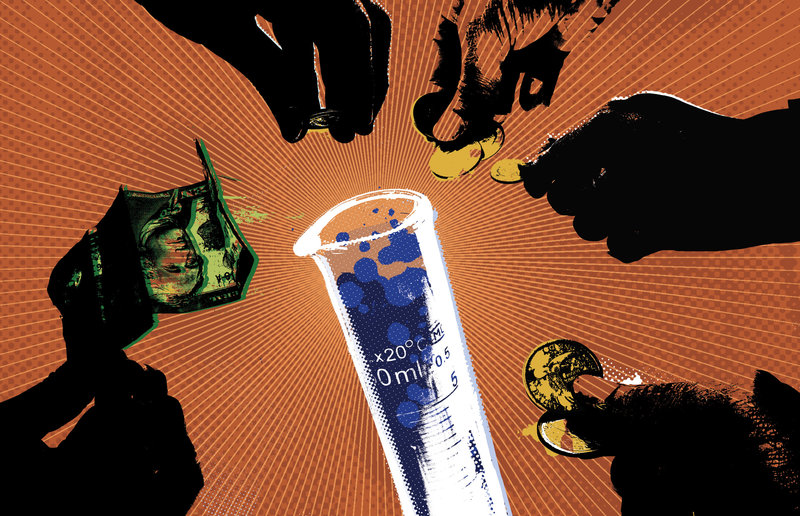
Is crowdfunding an OK way to raise money for Zika research?
Lots of researchers want to study Zika, but there's one problem: money | NPR
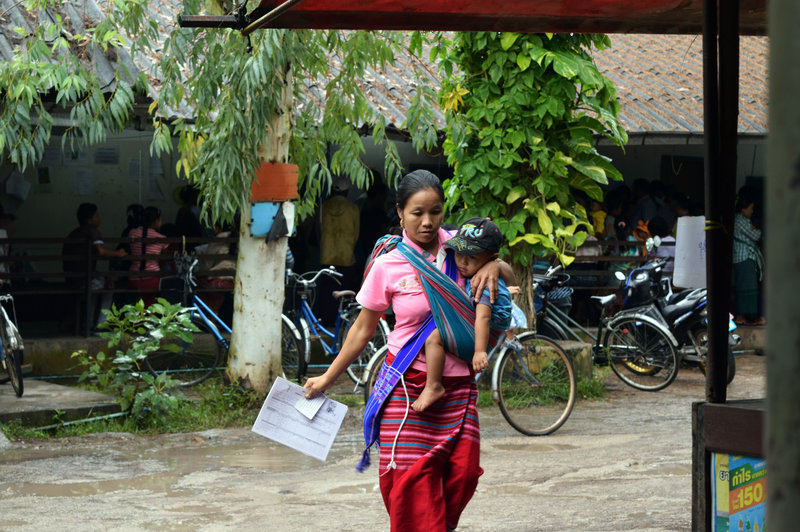
Only one country offers universal health care to all migrants
Thailand strives to provide equitable health coverage to migrants and refugees, regardless of their legal status. But what does this policy actually look like in practice? | NPR

A hope for Thailand's shrimp farms
A novel closed-loop design seems to be helping one Thai shrimp farmer fend off a deadly disease | Hakai Magazine

An energetic solution
Boosting bacteria's metabolism could help thwart antibiotic resistance [Subscription required] | Discover Magazine

Seattle's absurd, discriminatory trans bathroom panic
A series of bills in the Washington State legislature could make it permissible for anyone to stop transgender people using the public restroom of their choice | The Daily Beast

Bias against genetic case reports might compromise medicine
When n=1 matters in the field of clinical genetics | Nature Medicine [PDF]

Starting up and spinning out: the changing nature of partnerships between pharma and academia
A feature exploring current trends in partnerships between academia and industry | Nature Medicine [PDF]

Bomb explodes near busy Bangkok crossroads; at least 19 killed
Contributed reporting to the Washington Post's coverage of the Bangkok bombing | Washington Post

Going batty: studying natural reservoirs to inform drug development
A news feature on what scientists can learn from studying the immune system of bats - and that of other natural reservoirs - to design drugs against infectious diseases | Nature Medicine [PDF]

Challenge accepted: human challenge trials for dengue
A feature on what scientists can learn from giving healthy volunteers dengue | Nature Medicine [PDF]

Binding time — not just affinity — gains stature in drug design
It's not just how tightly a drug binds to its target, but for how long | Nature Medicine [PDF]

New consent requirements for newborn screening raises concerns
Changes to a law regarding newborn screening could delay detection and treatment of rare diseases in babies | Nature Medicine [PDF]

I quit grad school and it's ok
I take a moment to reflect on what quitting my PhD program meant for me and my career | Hippo Reads
















































































